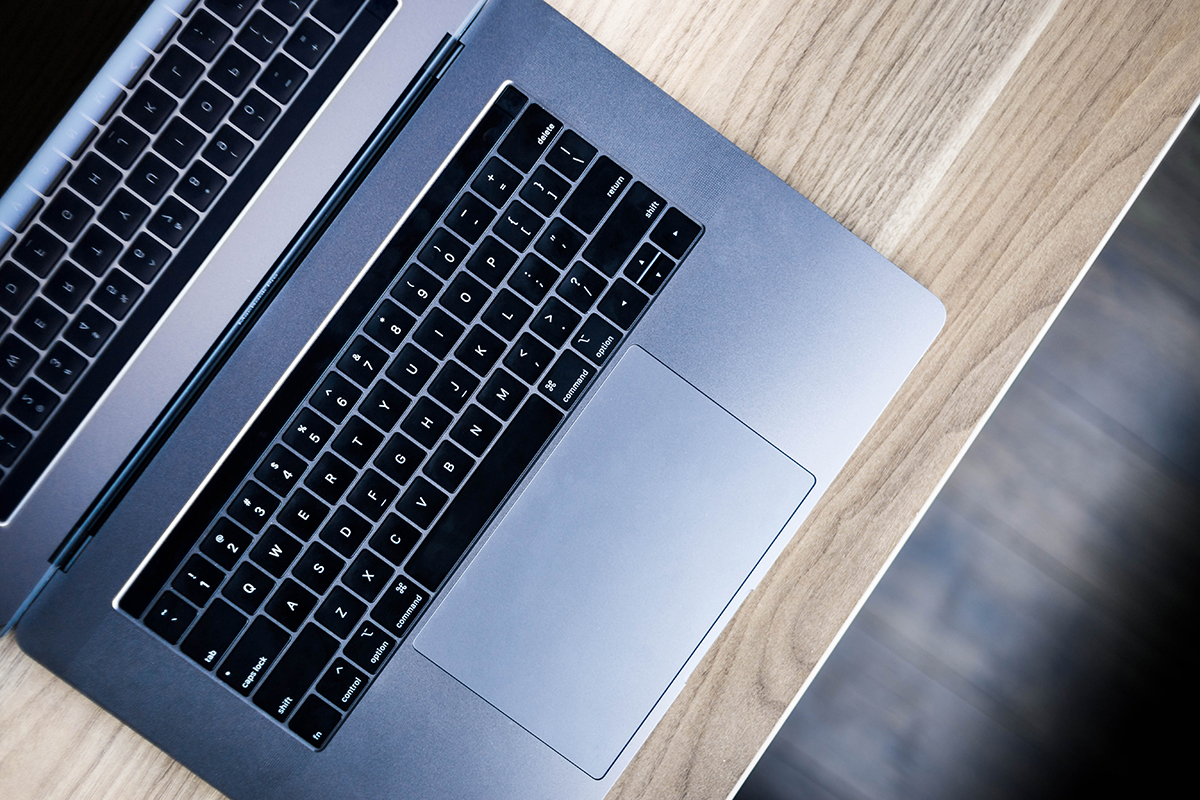Happy Computer Security Day! As electronic devices continue to be an important part of our lives, it is important to know how to keep your data safe and secure while using them. To help you out we put together a quick list of things to watch for when using your devices so you don’t run into trouble later.
1. Have strong passwords and keep them updated regularly. Mix and match between capitals, lowercase, numbers and symbols to create strong passwords and always avoid passwords that are obvious.
2. Keep your spyware and malware protection software up to date. This will help you avoid viruses and other unwanted programs that may steal your information or corrupt your device.
3. Make sure your computer is running the latest OS update. With each update, developers may fix or add new security features to keep your computer from being compromised.
4. Never buy anything from a website that isn't using HTTPS. You can confirm that the website is using HTTPS by looking at the web address bar at the top of your browser. If the web address doesn't start with 'https://', then your information is not being transmitted securely.
5. Back up all of your important files off-site to a cloud service. This protects you from ransomware attacks as well as computer hardware failures.
6. Like it or not, gas pumps and ATMs are computers too. If the card reader protrudes out or looks suspect in any way, pull on it to see if it comes off. If you're still suspect, then go prepay inside.
7. If possible, never use a debit card to shop online, always use a credit card. Credit card companies allow for a more streamlined dispute process than your bank should something ever happen to your card. Some credit card companies also have services that allow your internet browser to generate a "fake" card number that can only be used on the website that you're currently shopping on. This number is useless anywhere else.
8. Never send or receive any sensitive information (such as social security numbers or banking information) on any unsecured public WiFi network. If you must send or receive sensitive information on the go, then your wireless carrier's network is a better option (although it is still possible to intercept this information if someone were to try hard enough).
9. Multi Factor Authentication is a great way to add an extra layer of security if it is offered. Enabling this feature will require that you provide a password as well as another form of authentication, such as a one-time security PIN that's sent by text message to your phone, or requiring the use of an authentication manager such as Google 2-Step Verification (Google Auth). If it is available, it is well worth the hassle of having an extra step when logging into a service.
10. Nothing is ever 100% safe when it comes to computer data. Ever. There is a constant arms race going on between the people who want to steal the information of others and the people who want to protect it and you're better off not getting caught in the middle. Our final tip is to not share anything online that has the potential to ruin your life if it were stolen, but if you must, then it is your responsibility to be as security-aware as possible.
